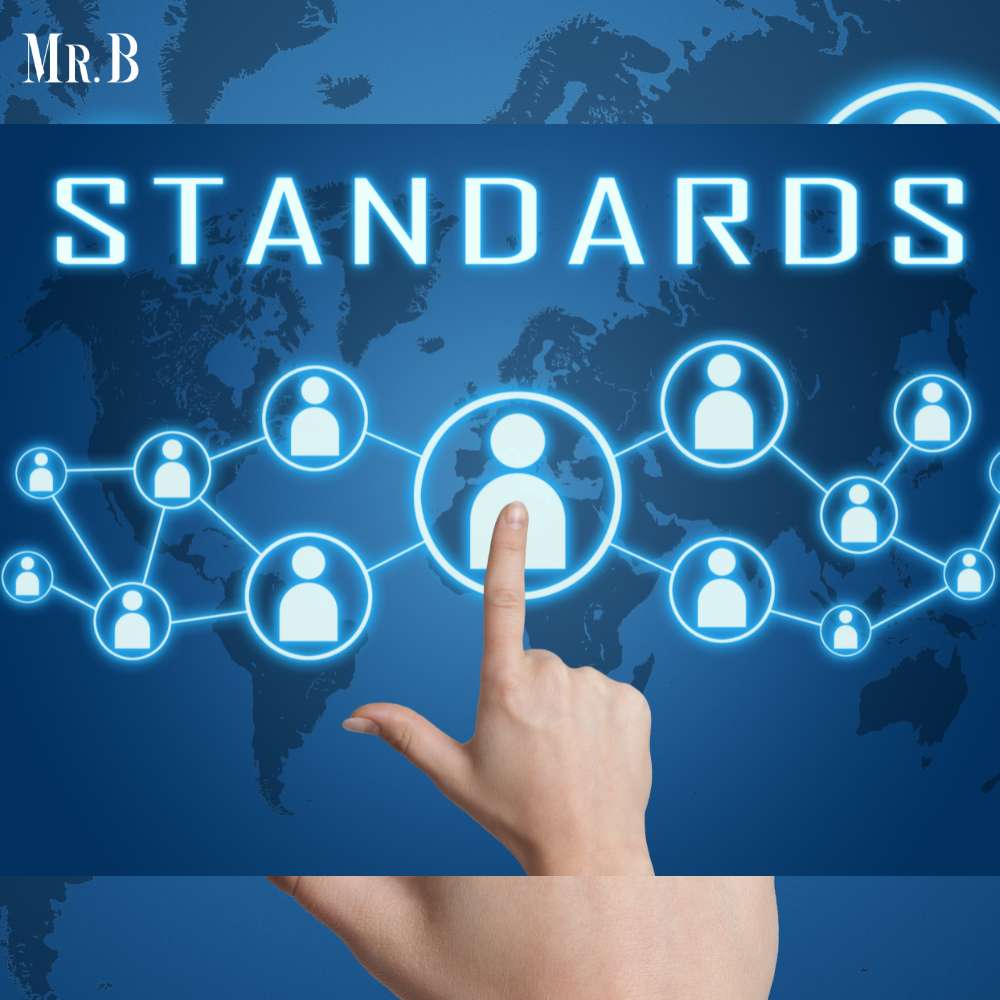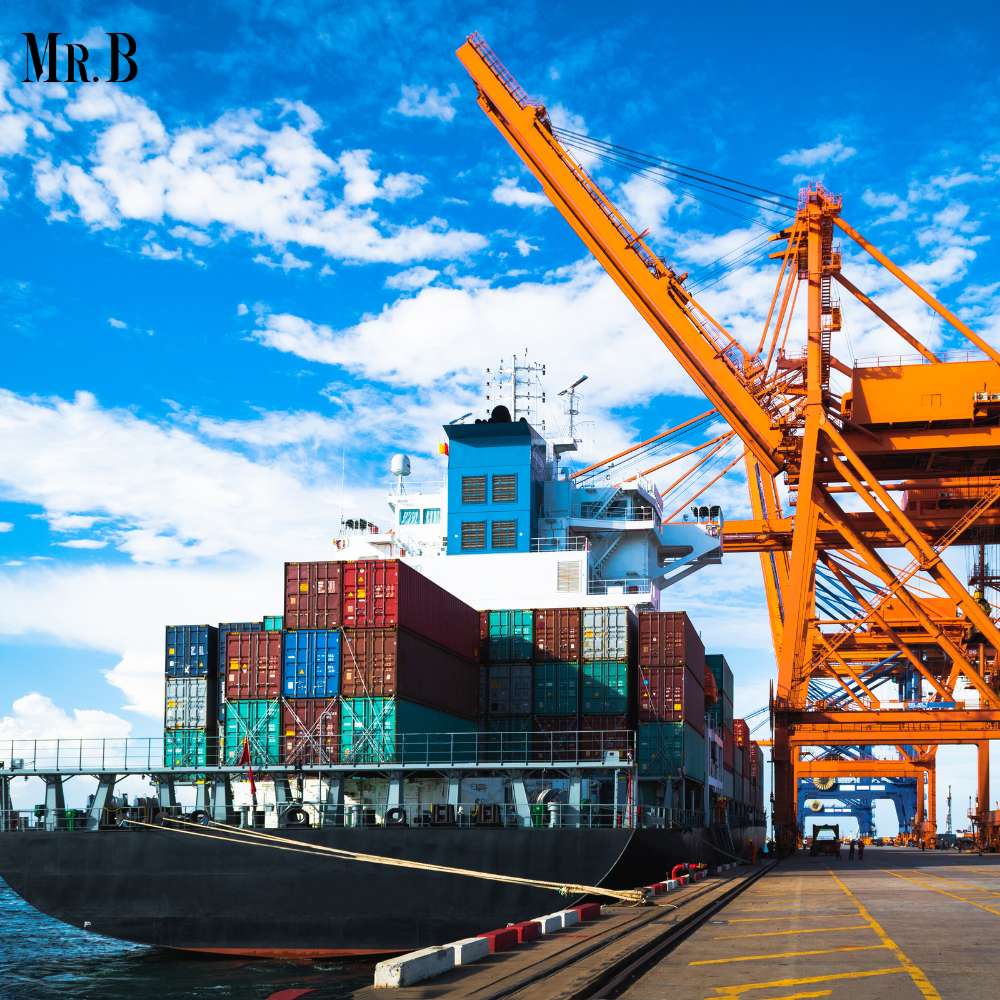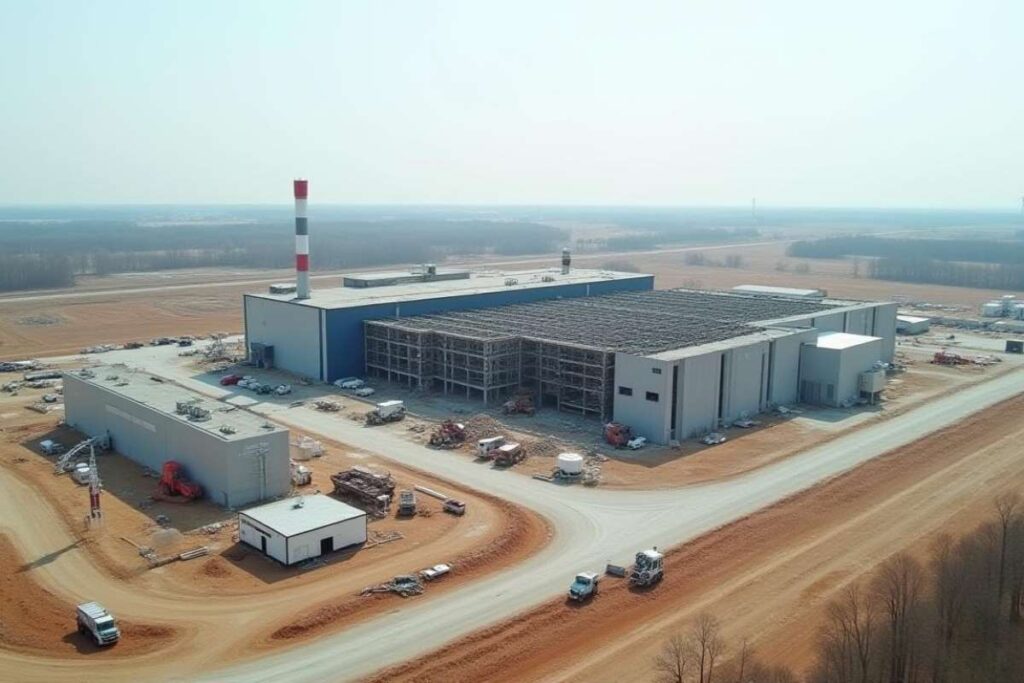An aerospace manufacturing company needs an efficient supply chain. As the operations are large and complex, much smooth and efficient ways of operations need to be handled. The dynamic and demanding world of aerospace manufacturing relies heavily on the efficiency, resilience, and precision of its supply chain to ensure that every component, every innovation, and every aircraft takes flight with unwavering reliability. The process is more than a series of technical steps; it’s a journey that begins with visionary designs and culminates in the skies above. The sector is a dynamic and intricate ecosystem, and understanding the nuances of how the supply chain functions within this industry is crucial.
The Aerospace Manufacturing Process: A Symphony of Precision and Innovation
Aerospace manufacturing involves the design, development, and production of aircraft, spacecraft, and their components. From the inception of a new aircraft model to its final assembly, the process is a meticulously orchestrated symphony of various stages, each demanding unparalleled precision and adherence to rigorous standards.
1. Design and Engineering:
The aerospace manufacturing journey begins with extensive design and engineering phases. This involves conceptualizing the aircraft, creating detailed blueprints, and employing cutting-edge technologies to ensure optimal aerodynamics, structural integrity, and fuel efficiency.
2. Material Selection and Procurement:
Aerospace manufacturers carefully select materials that meet the stringent requirements of the industry, balancing factors such as strength, weight, and durability. The procurement process involves establishing relationships with reliable suppliers capable of meeting the exacting standards of aerospace manufacturing.
3. Component Manufacturing:
Various components, from wings and fuselage to engines and avionics, are manufactured with meticulous precision. Advanced manufacturing techniques, including computer numerical control (CNC) machining and additive manufacturing, are employed to create components that meet the highest industry standards.

4. Assembly and Integration:
The assembly phase brings together the multitude of components into a cohesive unit. This stage demands precision engineering and rigorous quality control to ensure that every part fits seamlessly, contributing to the overall safety and efficiency of the aircraft.
5. Testing and Certification:
Before an aircraft takes to the skies, rigorous testing and certification processes are undertaken. This includes structural testing, systems testing, and flight testing to validate the aircraft’s performance and safety. Regulatory bodies, such as the Federal Aviation Administration (FAA) in the United States, play a crucial role in certifying aircraft for commercial use.
The Crucial Role of Supply Chain in Aerospace Manufacturing
The aerospace manufacturing process is intrinsically tied to the efficiency and reliability of its supply chain. Let’s delve into the key aspects that highlight the significance of a robust supply chain in this industry.
1. Precision Timing and Synchronization:
Aerospace manufacturing operates on tight schedules, and any delay in the supply chain can have cascading effects on the entire process. From just-in-time delivery of components to synchronized manufacturing schedules, the supply chain ensures that every element is seamlessly integrated into the production timeline.
2. Global Sourcing and Collaboration:
Aerospace manufacturers often source materials and components from around the globe. A well-optimized supply chain allows for efficient global collaboration, ensuring that the best materials are procured at the right time and at competitive costs.
3. Quality Control and Compliance:
Stringent quality control measures are non-negotiable in aerospace manufacturing. A robust supply chain includes mechanisms to ensure that every component meets the industry’s rigorous quality standards and complies with regulatory requirements.

4. Risk Mitigation:
The aerospace industry is vulnerable to various risks, including geopolitical uncertainties, natural disasters, and fluctuations in commodity prices. A well-structured supply chain includes risk mitigation strategies, such as diversifying suppliers and having contingency plans in place.
5. Innovation and Technology Integration:
As aerospace manufacturing embraces technological advancements, the supply chain becomes a conduit for innovation. Collaborations with suppliers on cutting-edge technologies, such as advanced materials or manufacturing processes, are essential for staying at the forefront of the industry.
Trade Enhancement through Ideal Aerospace Manufacturing Processes
An ideal process, facilitated by a robust supply chain, enhances international trade in several ways.
1. Market Expansion:
Efficient aerospace manufacturing processes enable manufacturers to meet the global demand for aircraft. This not only supports the growth of the aerospace industry but also facilitates international trade by expanding market reach.
2. Global Collaboration:
The aerospace supply chain fosters global collaboration, allowing manufacturers to leverage the expertise of suppliers and partners from different regions. This collaboration enhances the exchange of knowledge, technology, and best practices, contributing to the overall advancement of the industry.
3. Economic Impact:
A thriving aerospace manufacturing sector positively impacts the economies of countries involved. It creates jobs, stimulates technological innovation, and generates economic value through exports and international trade.

4. Supply Chain Resilience:
An ideal aerospace manufacturing process, supported by a resilient supply chain, contributes to the stability of international trade. The ability to adapt to disruptions and uncertainties ensures that the flow of aerospace products and services remains robust, even in challenging global conditions.
5. Standards Harmonization:
International trade in aerospace products necessitates adherence to standardized regulations and certifications. An ideal manufacturing process, aligned with a robust supply chain, ensures that products meet universally accepted standards, facilitating smoother cross-border transactions.
Conclusion:
In the intricate dance of aerospace manufacturing, the supply chain takes center stage, orchestrating a seamless flow of materials, components, and innovations. The precision demanded by this industry requires a supply chain that not only meets the rigorous standards but anticipates challenges and adapts to the dynamic nature of it. The repeated echo of “aerospace manufacturing” throughout this narrative underscores its paramount importance in shaping the future of air travel. As we navigate the skies and push the boundaries of technological innovation, a resilient and efficient process, supported by an unwavering supply chain, remains the cornerstone of progress in this dynamic industry.








